
Our blood holds important clues to how our bodies are working and can tell us whether further evaluation is needed.
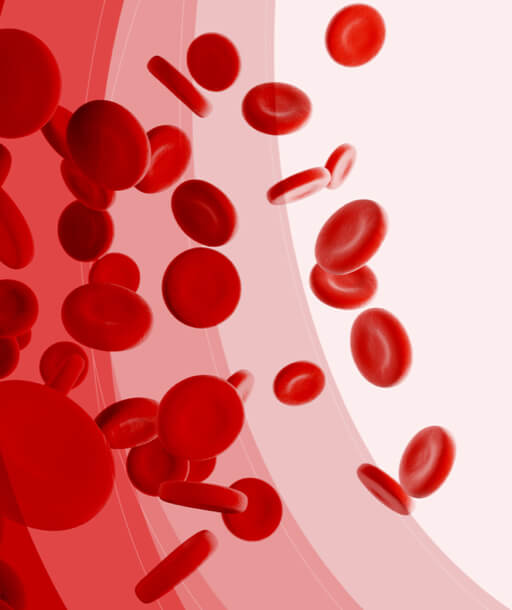

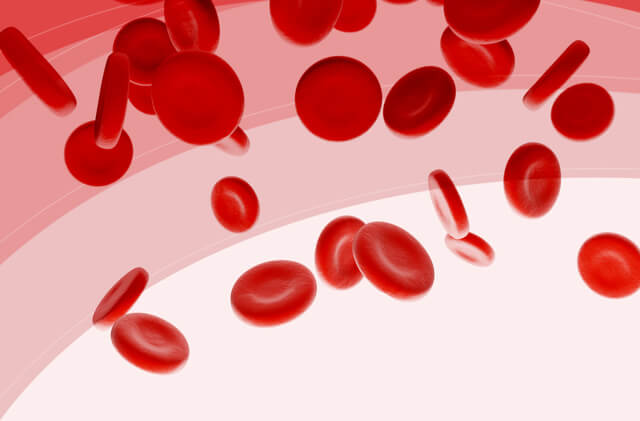

Our blood holds important clues to how our bodies are working and can tell us whether further evaluation is needed.
Learn more about the connection between blood tests and signs of what’s happening inside your body. It’s important to communicate openly with your physician about symptoms you may be experiencing and how they impact your quality of life.
Watch Video

Watch Video
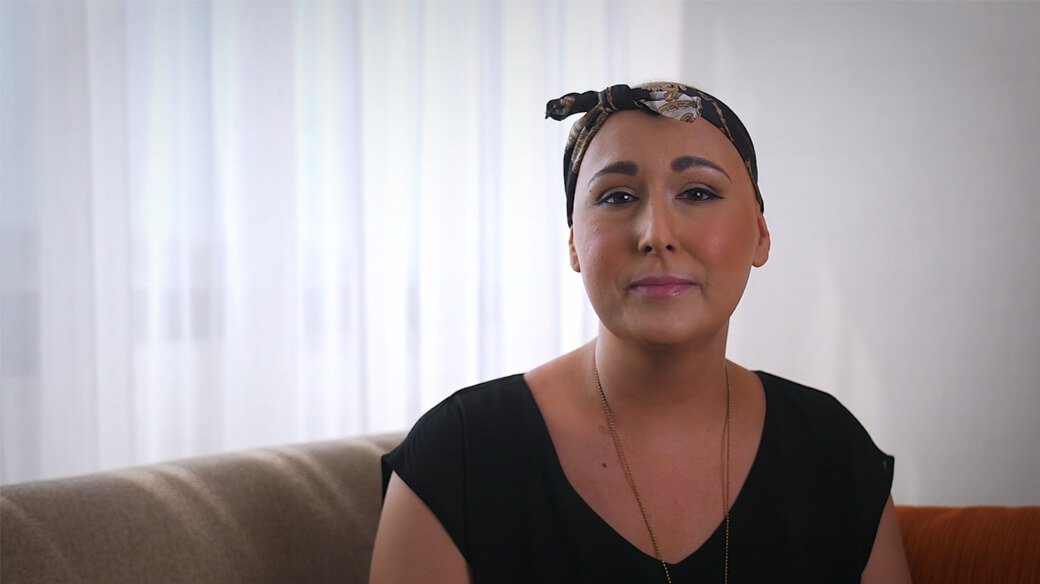
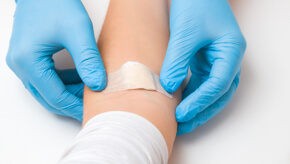
A blood test can give the answers
Unlike for other cancers there are no screening tests to detect blood cancers, but there are signs. If something doesn’t feel right, get your blood tested. Just a few drops of blood and behind the scenes laboratory testing can give doctors clues that are needed to see what’s going on inside your body.

There are about 137 different types of blood cancers and related disorders that affect an estimated 138,000 Canadians.1
The main types of blood cancer include:
and other less common blood cancers:
For more information about these blood cancers and related disorders, see Resources
Just like hockey is in our blood, so are important clues to our health
Hockey legends Kerry Fraser and Paul Henderson share their personal experience with important message for Canadians to not brush off changes in how you are feeling and be open about unusual symptoms.
Watch Video

Did you know?
Most blood cancers are not genetic or inherited but are caused by an acquired mutation in the DNA of stem cells which produce lymph or blood-forming cells.1
Have you ever wondered what your blood is made up of?
It’s made up of different cell types. The main ones are:
What they all have in common is that they come from stem cells in the bone marrow. The uncontrolled growth of abnormal, cancerous blood cells interrupts normal blood cell development and is at the root of most blood cancers.2
Taking a closer look starts with a simple blood test called a complete blood count (CBC) that can help detect an underlying condition.3
A complete blood count test is a simple blood test that is conducted for the screening of certain disorders that may be affecting your health by examining the numbers and features of your blood cells.3
A CBC looks at your:

Why doctors order blood tests
Jennifer is a nurse clinician and a big part of her job is getting people’s blood tested. Jennifer explains how blood tests can by used to detect blood cancer or blood disorders.
Watch Video

Did you know?
Determining the number of platelets in the blood with a platelet count can help diagnose a range of disorders having to do with too few or too many platelets.4 One of these is immune thrombocytopenia (ITP), a common blood disorder that can cause easy or excessive bleeding or bruising. People with ITP have low levels of platelets - the cells that help blood clot.5
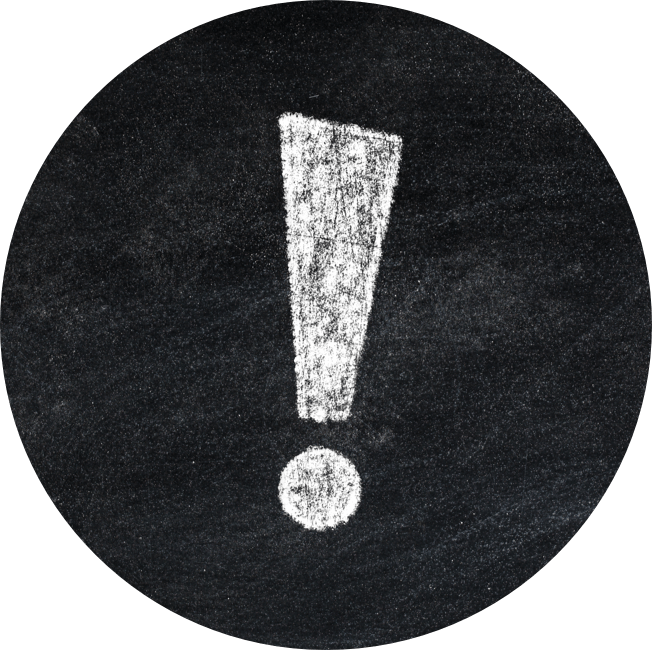
Being aware of the possible signs is a starting point and talking about them is a good next step.
Do, however, keep in mind that each person and each blood cancer is different and not everyone will have the same symptoms, but there are some common symptoms:
The important thing to do is act when something seems different. Be open to sharing how you are feeling with your doctor. If your symptoms persist, inform your doctor of this so he or she may consider whether it may be time for a blood test.
If you are interested in learning more about blood cancers and related disorders, the following resources may be helpful:
This listing of websites is provided as a service and does not imply an endorsement by or association with Heal Canada.